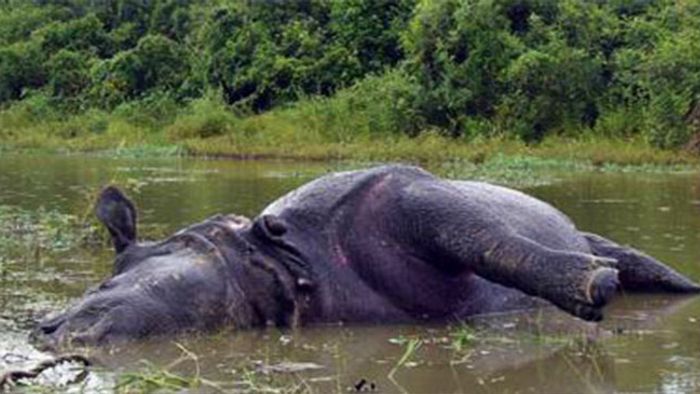Pradyot Manikya explains TIPRA's assertion of indigenous identity in Tripura's tribal council

- Jun 16, 2021,
- Updated Jun 16, 2021, 12:21 AM IST
AGARTALA: For Tripura's royal scion Pradyot Manikya, asserting indigenous identity without taking away anyone else's has a social angle to him.
Manikya, who is the chief of the nascent TIPRA (The Indigenous Progressive Regional Alliance) which impressively rose to power earlier this year, says that the new government is actually "making things happen."
Earlier in the day, Manikya posted a tweet celebrating the decision taken by the newly elected Tripura Tribal Areas Autonomous District Council (TTAADC) to accept Kokborok in any communiqué made by the government offices.
A memorandum issued by the additional chief executive officer of TTAADC in Khumulwng said that Kokborok was declared as an official language of Tripura with effect from January 19, 1979, through the Tripura Gazette notification. “In order to popularise Kokborok as an official language and for better communication between TTAADC administration and the people in general, any application written in Kokborok must be entertained by all offices in TTAADC,” the memorandum said.
Also Read: Manipur Karate champion compelled to quit career due to poverty
"We are simply trying to assert the (indigenous) identity without taking away anyone's identity," Manikya told InsideNE over the phone. "This development took several decades because we did not have strong indigenous representation in the TTADC up until this moment."
However, Manikya said, the "assertion" of identity does not simply stop here.
"We have undertaken a decision to incorporate chapters on the Northeast in our school syllabus against the backdrop of racial incidents. We have also formed a committee to look into these issues. It has a social angle to it. Additionally, we are renaming some old villagers back to their old names. Many of the villages were renamed during the British Raj."
The royal said that the implementation of these policies will go a long way towards preserving the culture of the Boroks and other indigenous communities.
"We have started implementing indigenous-friendly policies in the tribal council because we are in power here. However, if you look at the map of Tripura, you will see that the tribal council is 70% of the total land area of Tripura. Therefore, it will be a significant achievement if we can positively impact the lives of the indigenous people of the state."